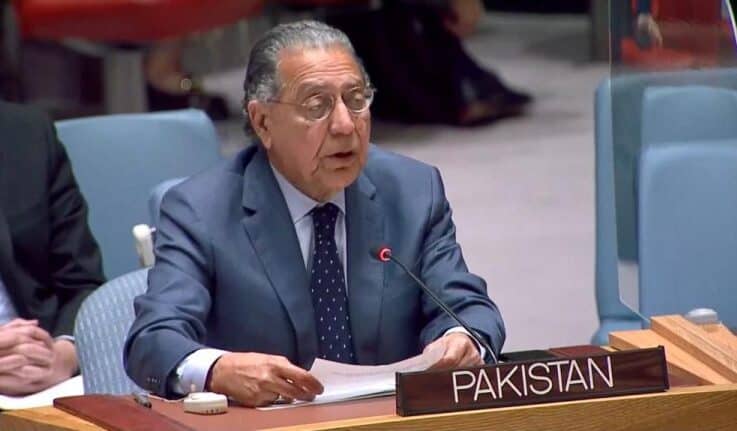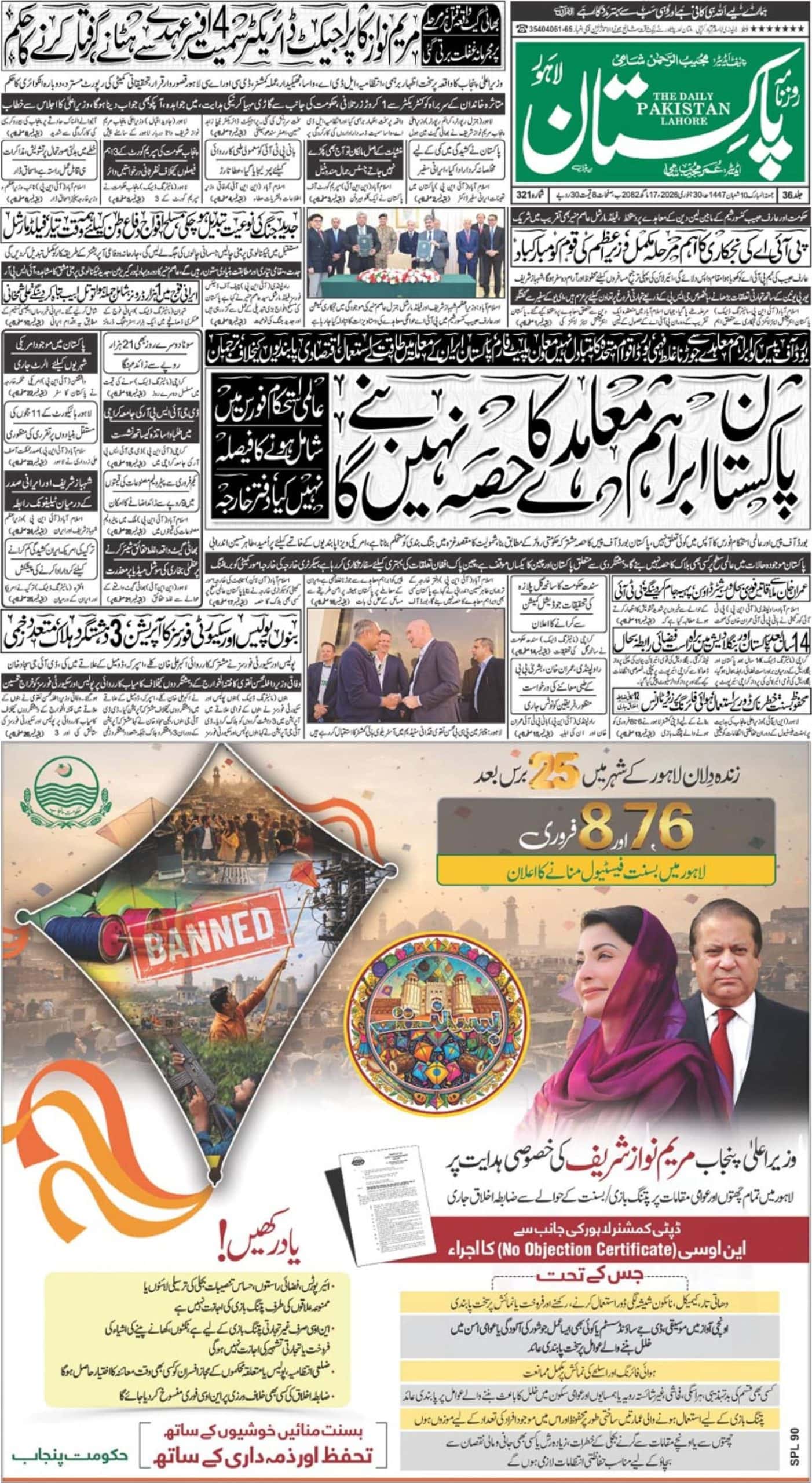Pakistan has called upon the United Nations Security Council (UNSC) to conduct a comprehensive investigation into how the Tehreek-e-Taliban Pakistan (TTP) procured advanced military equipment.
During the UNSC’s United Nations Assistance Mission in Afghanistan (UNAMA) briefing on Afghanistan, Ambassador Munir Akram — Permanent Representative of Pakistan to the United Nations — highlighted the severe threat Pakistan faces from the TTP and its factions due to organized cross-border terrorist assaults.
He pointed out the significant loss of Pakistani civilians and soldiers in these attacks and the damage caused to military and other installations. Ambassador Akram mentioned recent attacks by TTP affiliates, underscoring the need for an investigation into how the terrorists gained access to sophisticated weaponry.
He emphasized that these advanced weapons seemed to originate from the considerable stocks left behind by foreign forces. However, he pressed for a deeper inquiry to ascertain how a designated terrorist group like TTP acquired these arms.
Ambassador Akram also addressed the stability in Afghanistan’s economy and stressed that engagement with the Afghan interim government should be based on its response to international concerns. He highlighted that although the interim authorities claimed success against Da’esh, several terrorist groups appeared to be sheltered in Afghanistan under the interim government’s protection.
Asserting that the TTP was operating freely to launch attacks on Pakistan’s border outposts, he urged the Security Council to bolster the 1988 Committee’s work. This action aims to ensure the Afghan Interim Government takes robust measures against all terrorist entities in Afghanistan and strengthens the monitoring team’s role in analyzing and reporting on counterterrorism efforts.
Furthermore, Ambassador Akram voiced concerns about Afghan refugees, emphasizing Pakistan’s longstanding support despite limited international aid. He addressed the challenges posed by illegal Afghan immigrants in Pakistan, including involvement in illegal activities like drug trafficking and the strain on the country’s economy and job market.
He highlighted Pakistan’s efforts to facilitate the voluntary return of Afghan refugees while addressing the illegal influx. Ambassador Akram urged third countries to expedite the relocation of individuals waiting to be settled in other nations, relieving Pakistan’s burden.
Expressing hopes for a comprehensive and realistic roadmap for Afghanistan’s normalization, he underscored Pakistan’s commitment to participate in discussions aiming for peace in the region.













